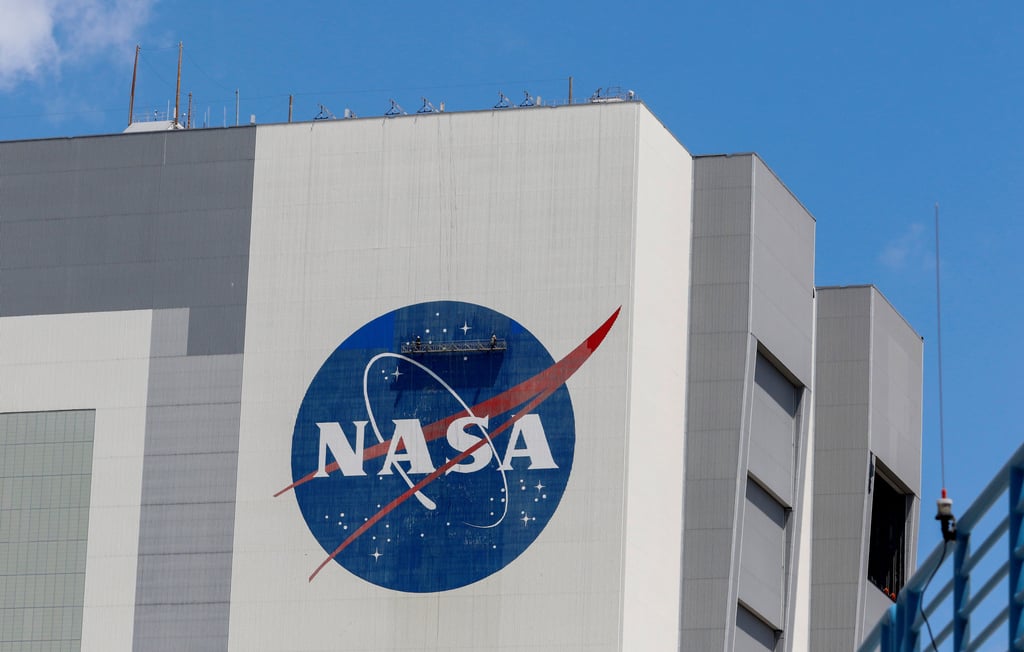Reverse brain drain? Nasa data scientist takes job in China
- Marine data expert Li Zhijin, who has also worked for the US Navy and other government agencies, is now employed at top university in Shanghai
- According to one study, more than 1,400 Chinese scientists in the United States returned to China in 2021, a 22 per cent jump from the previous year

A senior data scientist who worked for Nasa for more than 20 years has found a job at a top university in Shanghai, according to the university’s website.
Li Zhijin is an expert on marine data analysis and has developed data processing tools for Nasa, the US Navy and other US government agencies.
Li is now a distinguished professor and PhD mentor with the department of atmospheric and oceanic sciences at Fudan University, according to the university’s website.
It remains unclear when Li accepted the offer at Fudan, and an administrative staff member at the university said they could not give details on the matter. Li did not respond to the Post’s request for an interview.
A description of Li’s work in the US has been removed from the university’s website, but an older cached version of the page can be retrieved with Google.

According to the unabridged resume, Li’s research focuses on the processing of marine data sets gathered by satellites, buoys and ships.